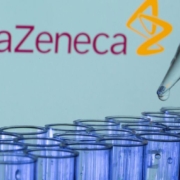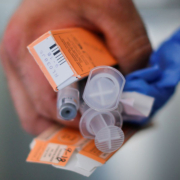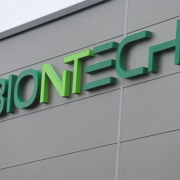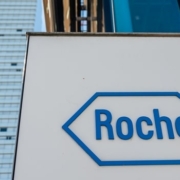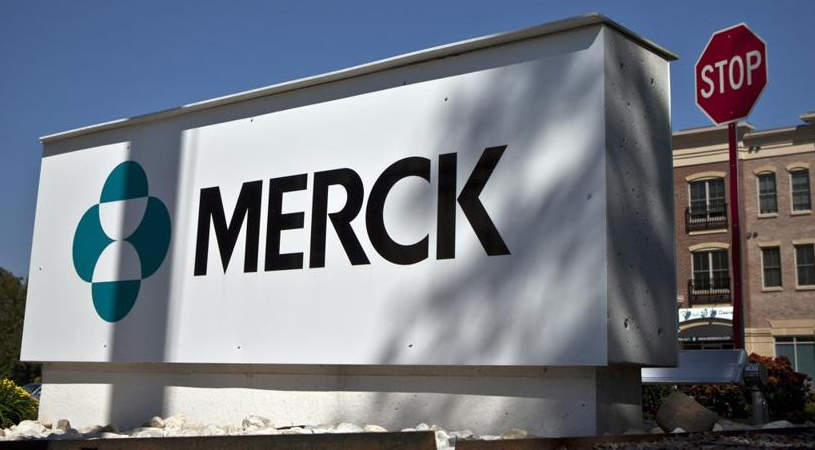With $68M in Series A, Pheon breaks into competitive ADC space
With $68M in Series A, Pheon breaks into competitive ADC space
Published: Sep 28, 2022
By Tristan Manalac
BioSpace
U.K.-based biotech Pheon Therapeutics launched Wednesday with $63 million in Series A financing and a vision of ushering in the next generation of antibody-drug conjugates.
“The ADC field depends on novel combinations of antibodies, linkers and payloads for which real design know-how is required,” a Pheon spokesperson told BioSpace. “Our goal is to transform treatment with a focus on solid tumors, not just slightly improving existing treatments or ADCs.”
Pheon’s lead program, called PHN-010, leverages the company’s proprietary payload platform against a new, undisclosed solid tumor target. The investigational ADC targets an internalizable, single-pass transmembrane protein that is abundant in many different tumors, but is otherwise rare in healthy tissues.
The company plans on using its Series A proceeds to see PHN-010 through a clinical proof-of-concept study.
With extensive preclinical data, including expression profiling in diseased and healthy tissues, and in vivo efficacy, PHN-010 is expected to be ready for an investigational new drug application within 18 months.
Also in Pheon’s pipeline is PHN-020. The ADC is indicated for a yet undisclosed solid tumor and is currently in preclinical evaluations. The Series A funds will also help the company grow this pipeline. PHN-020, along with a potential third ADC candidate, will enter development in the next 12 months, the company spokesperson said.
To arm its tumor-targeted antibodies, Pheon draws from its proprietary platform, which contains an array of cancer-killing payloads with novel modes of action, allowing the company’s ADCs to target tumors that have grown resistant to existing treatments.
“Pheon fits our criteria as having innovative science at its core, with the potential to provide a best-in-class or first-in-class solution to improve patient care,” Dr. Jonathan Tobin, London-based partner at Brandon Capital and chair of Pheon Therapeutics, told BioSpace. “It is developing a first-in-class ADC addressed at a novel antibody target and is developing a highly differentiated proprietary payload technology platform which is gaining clinical momentum.”
Brandon Capital led Pheon’s Series A financing, along with Forbion and Atlas Venture. Seed investor Research Corporation Technologies participated. The company closed its financing round last March.
Up Against Difficult Competition
ADCs are a fast-growing treatment modality in cancer that leverages the high specificity of antibodies to deliver a toxic compound directly to a tumor. This promising mechanism of action has attracted the pharma industry’s heaviest hitters.
One of these is Daiichi Sankyo, which earlier this month touted the promising and durable performance of its potential first-in-class B7-H3-directed DXd ADC DS7300 in various malignancies, such as lung, prostate and esophageal cancer.
Soon after, the company’s Enhertu (fam-trastuzumab deruxtecan-nxki), which it is jointly developing and commercializing with fellow giant AstraZeneca, elicited a clinically meaningful response in certain advanced types of non-small cell lung cancer.
Enhertu is also approved for certain breast and gastric cancers and is poised to reach blockbuster status.
Other prominent players in the ADC space include Roche, which owns Kadcyla (ado-trastuzumab emtansine) and Polivy (polatuzumab vedotin-piiq), and GlaxoSmithKline, owner of Blenrep (belantamab mafodotin-blmf).
Source: BioSpace


